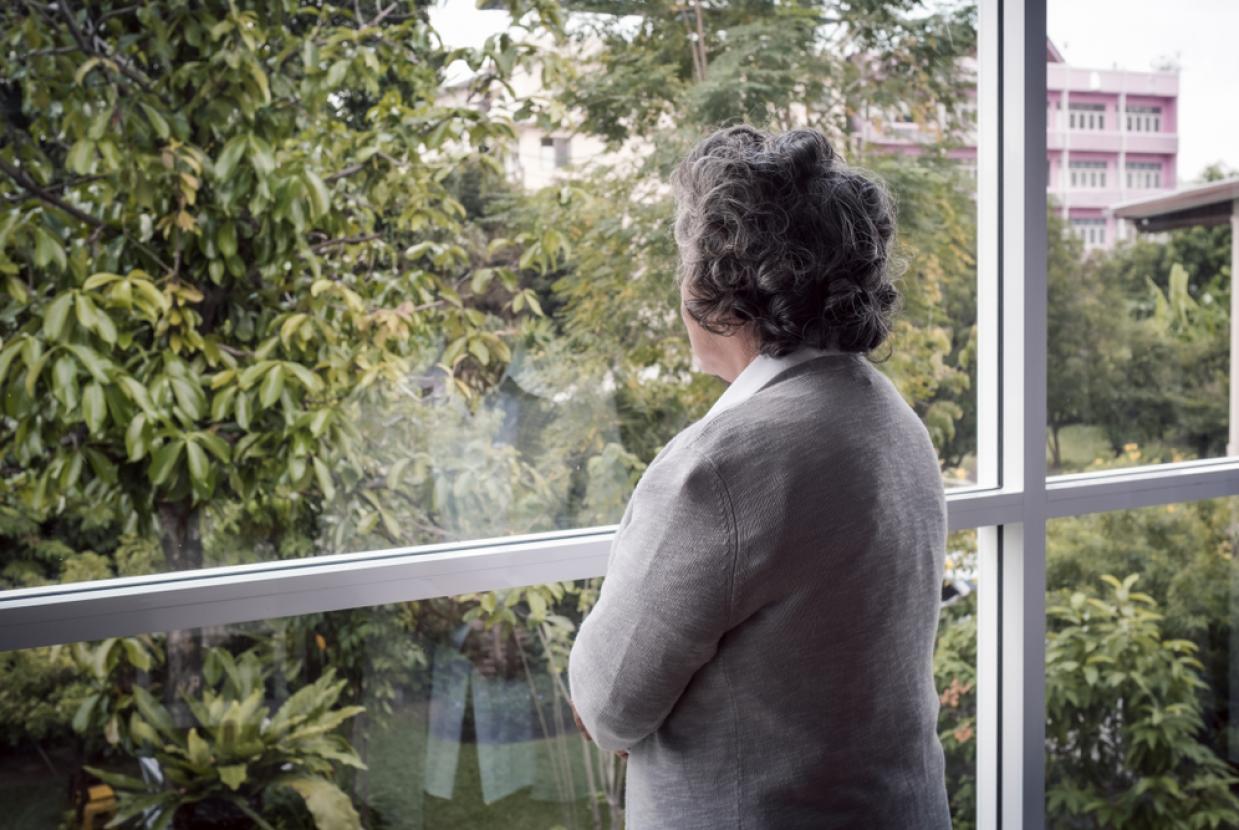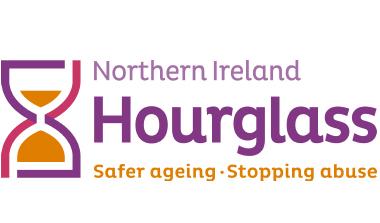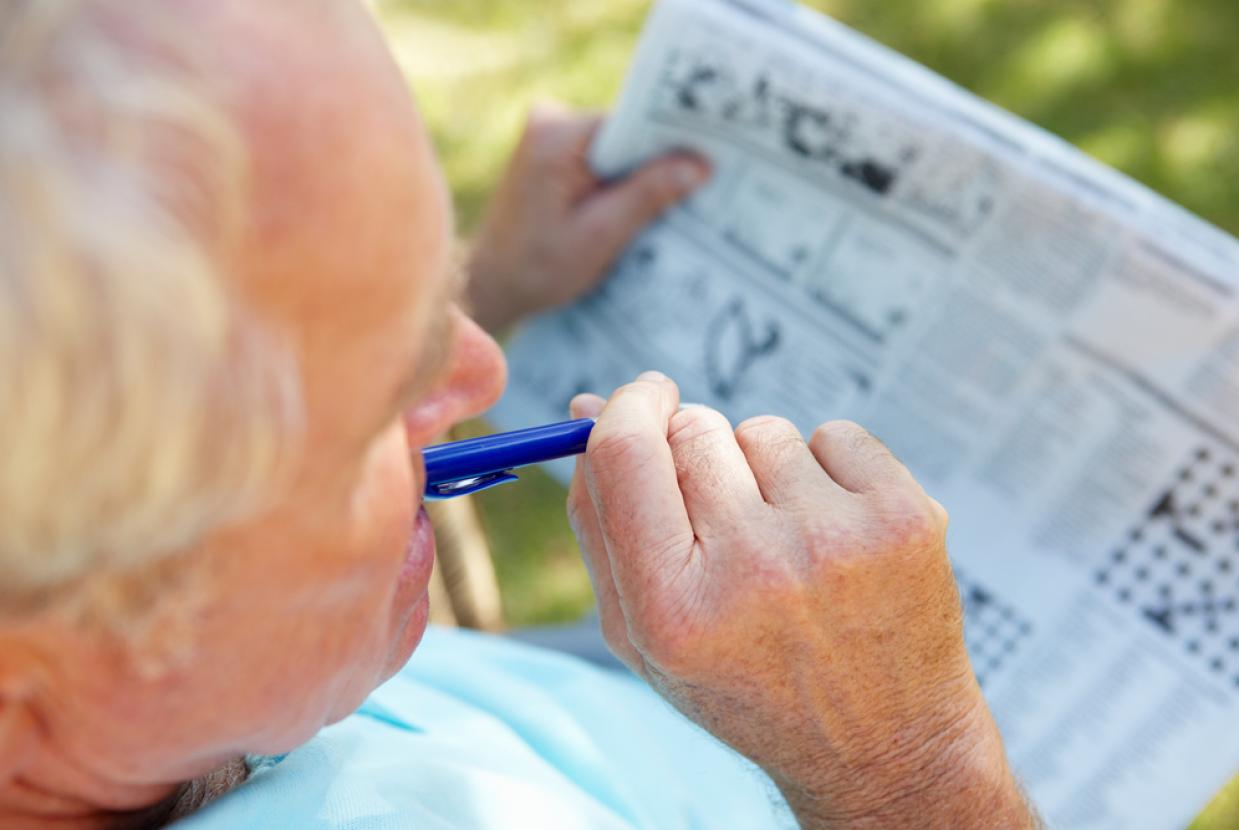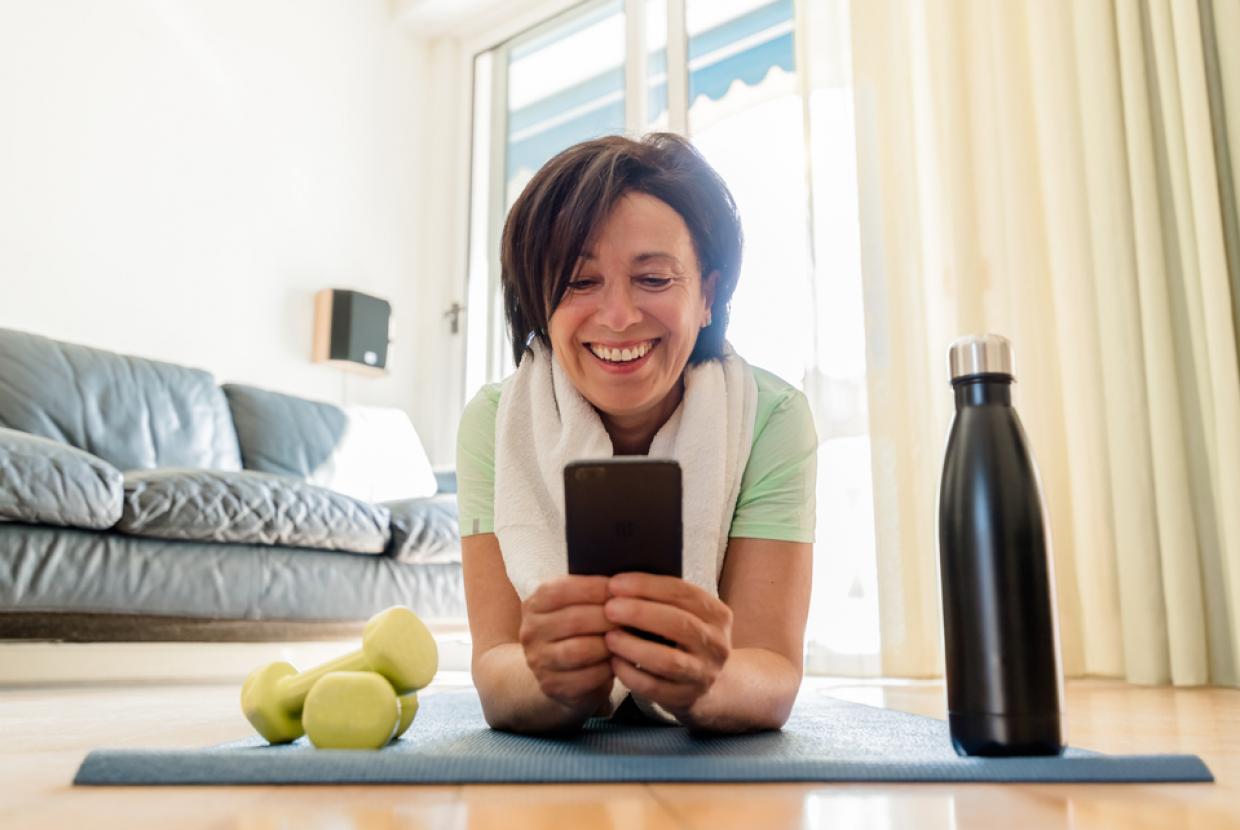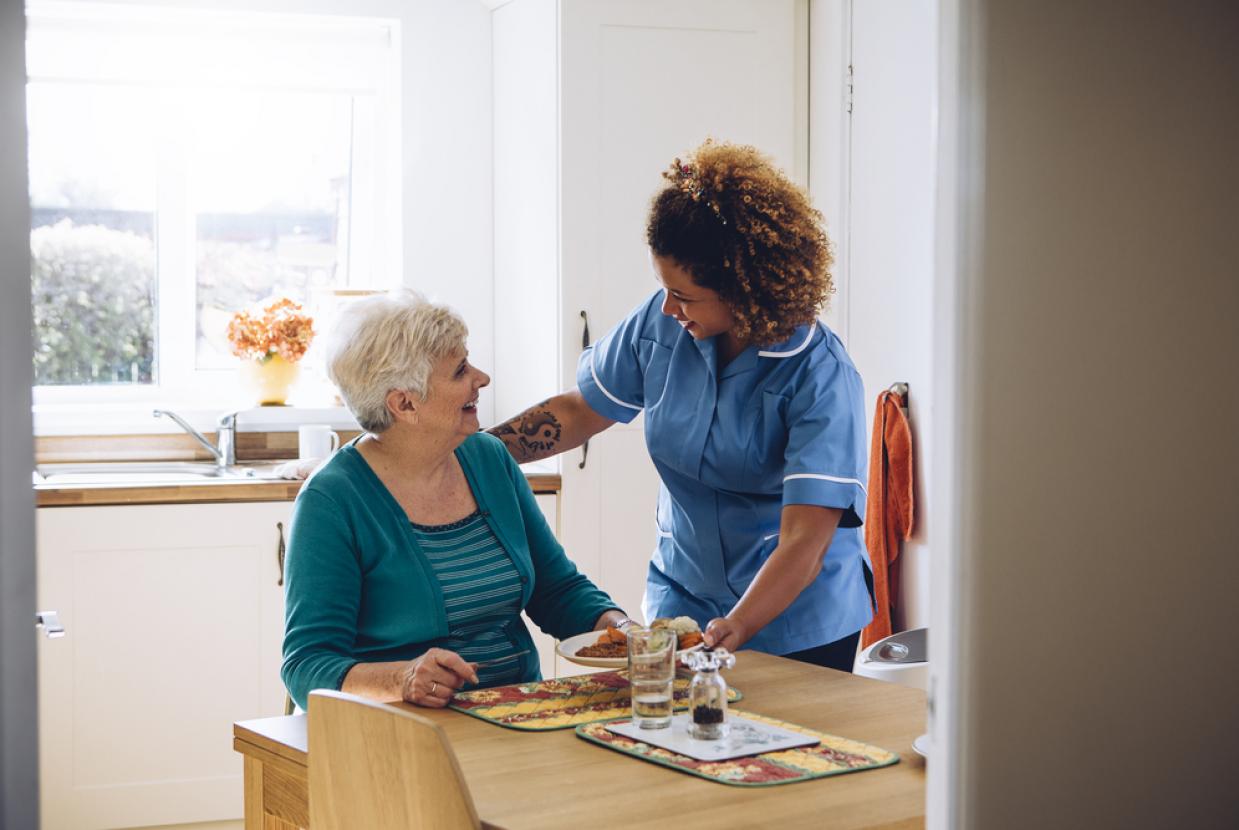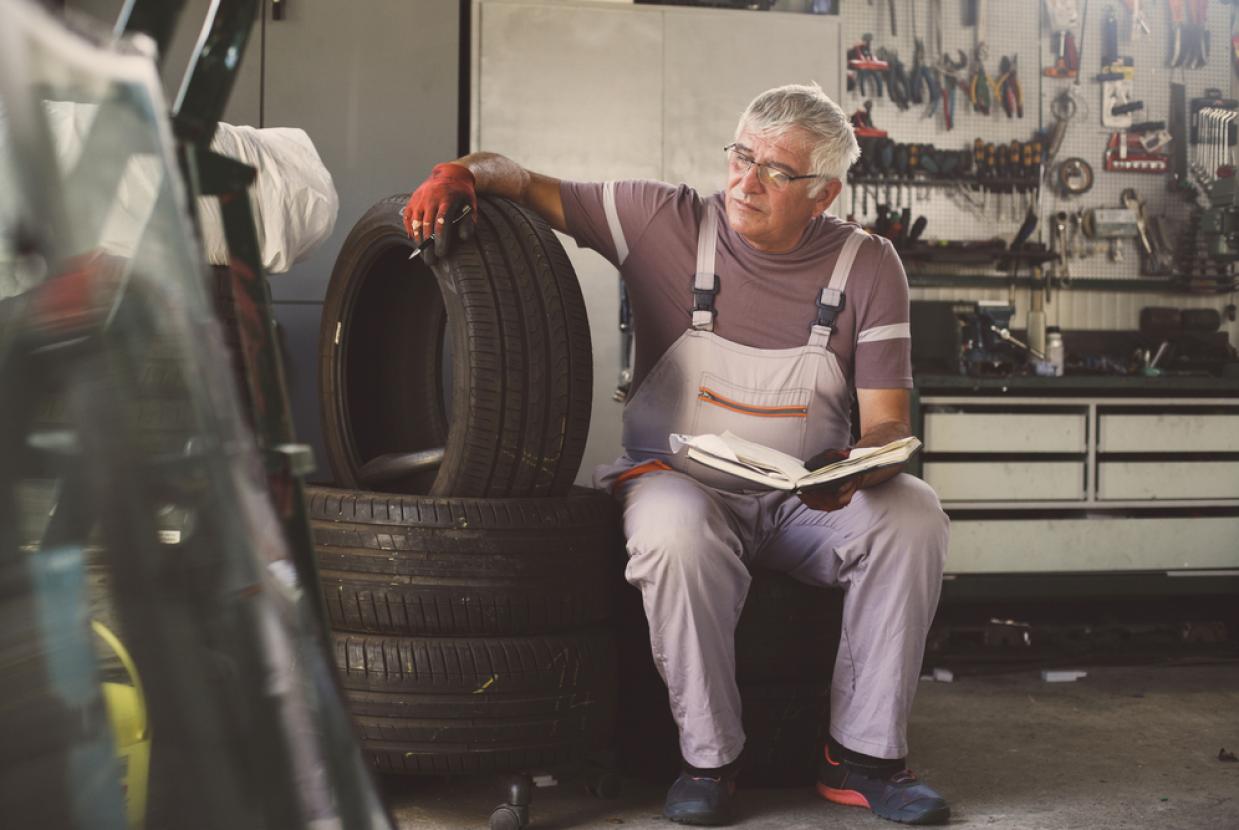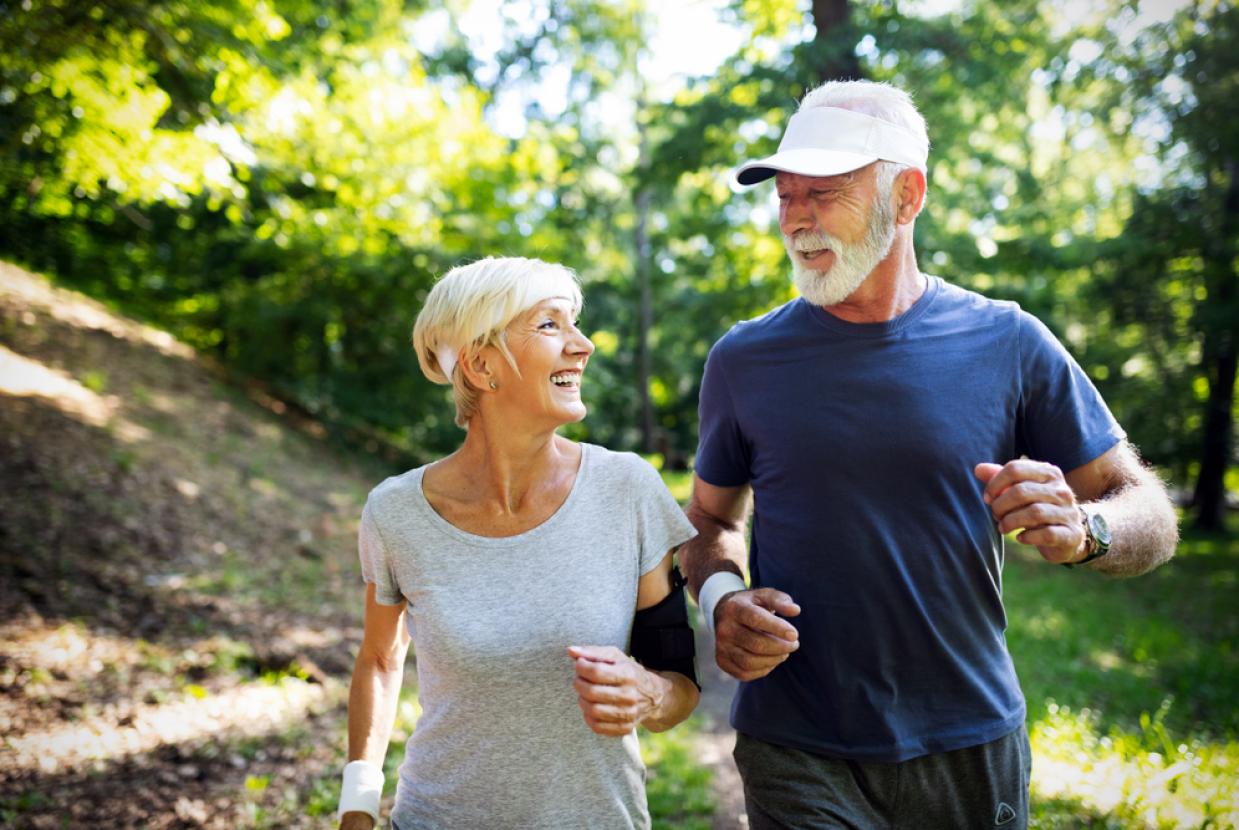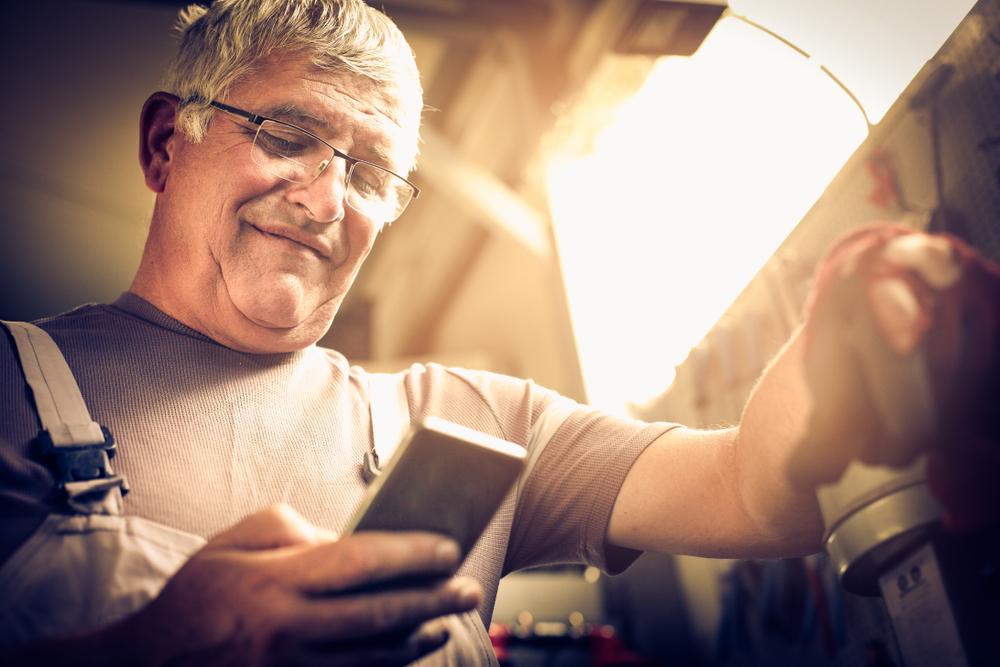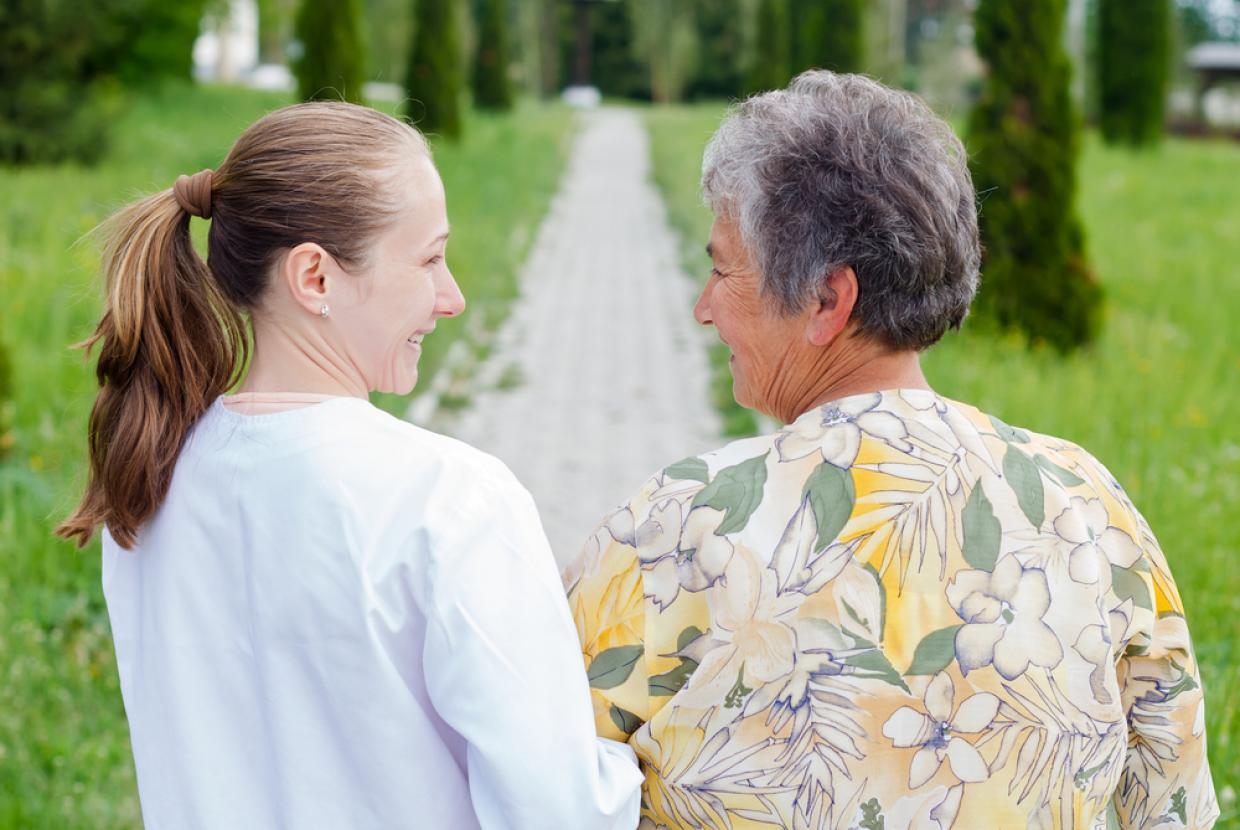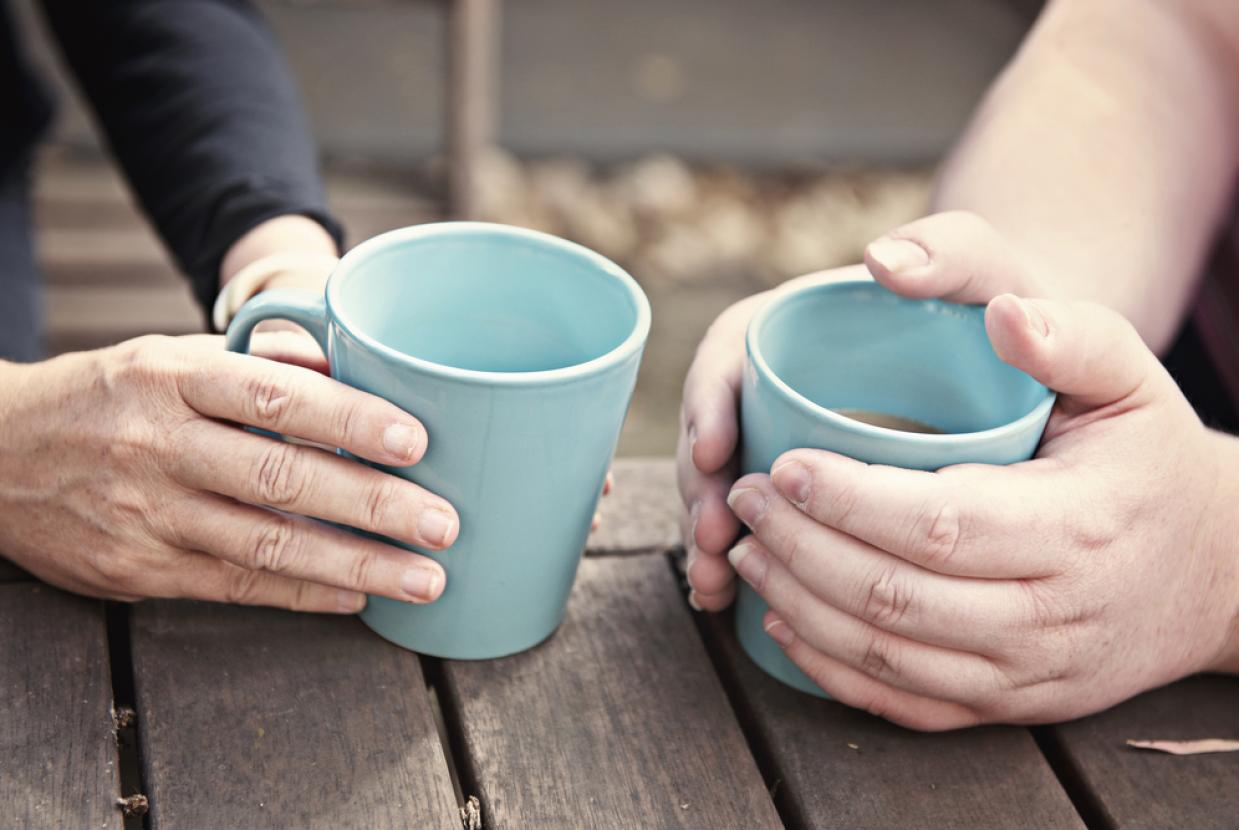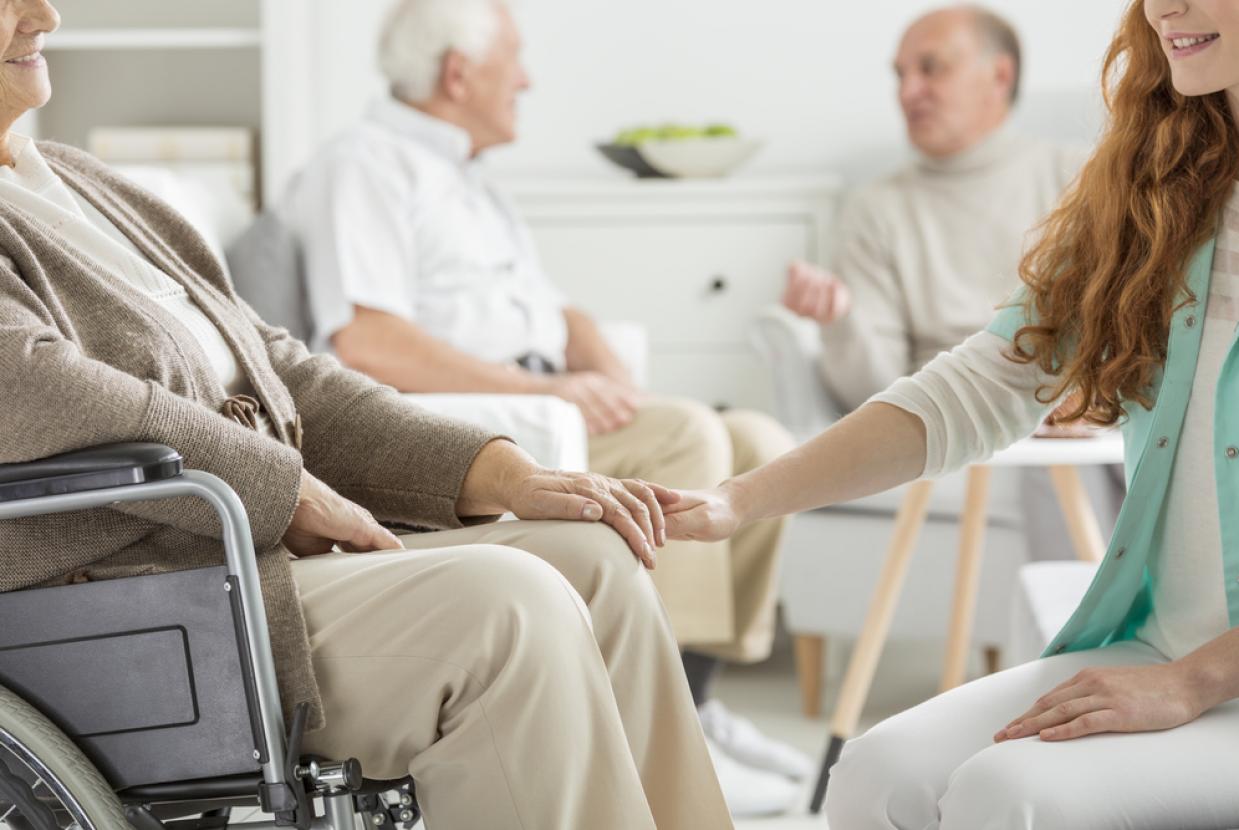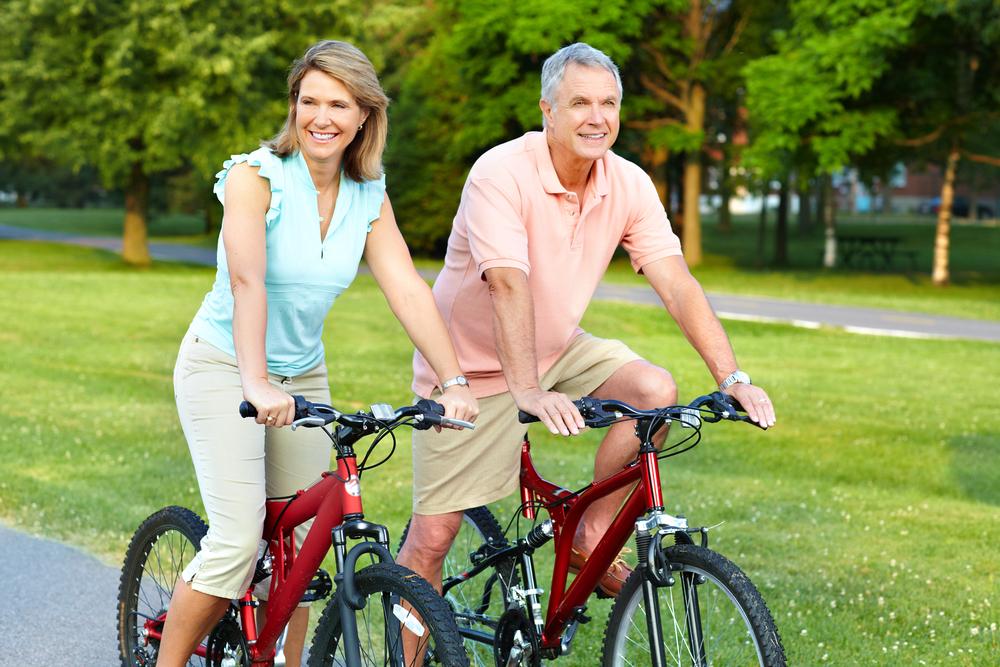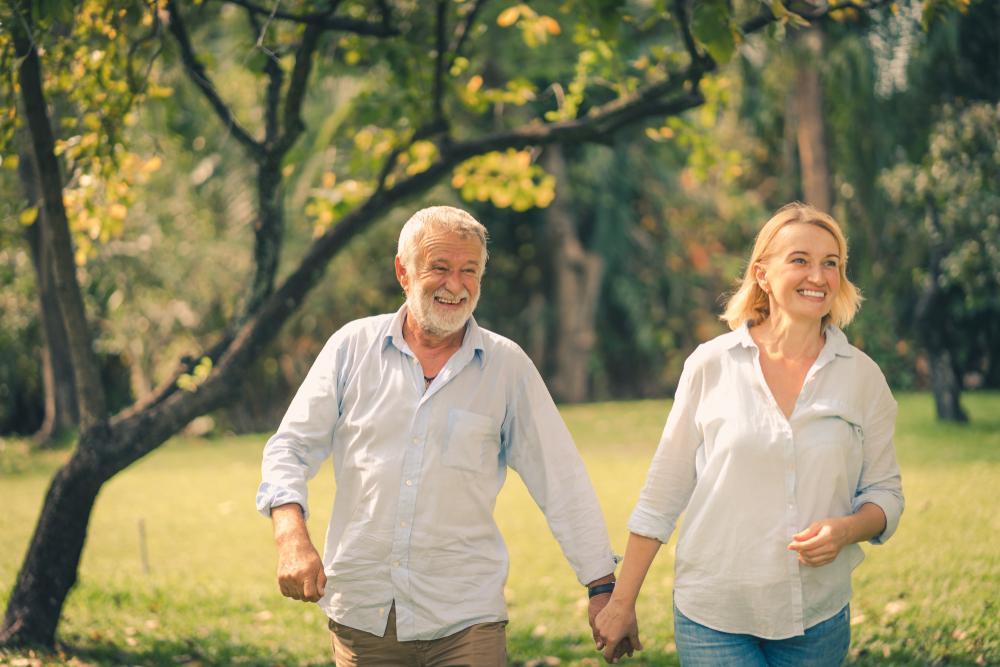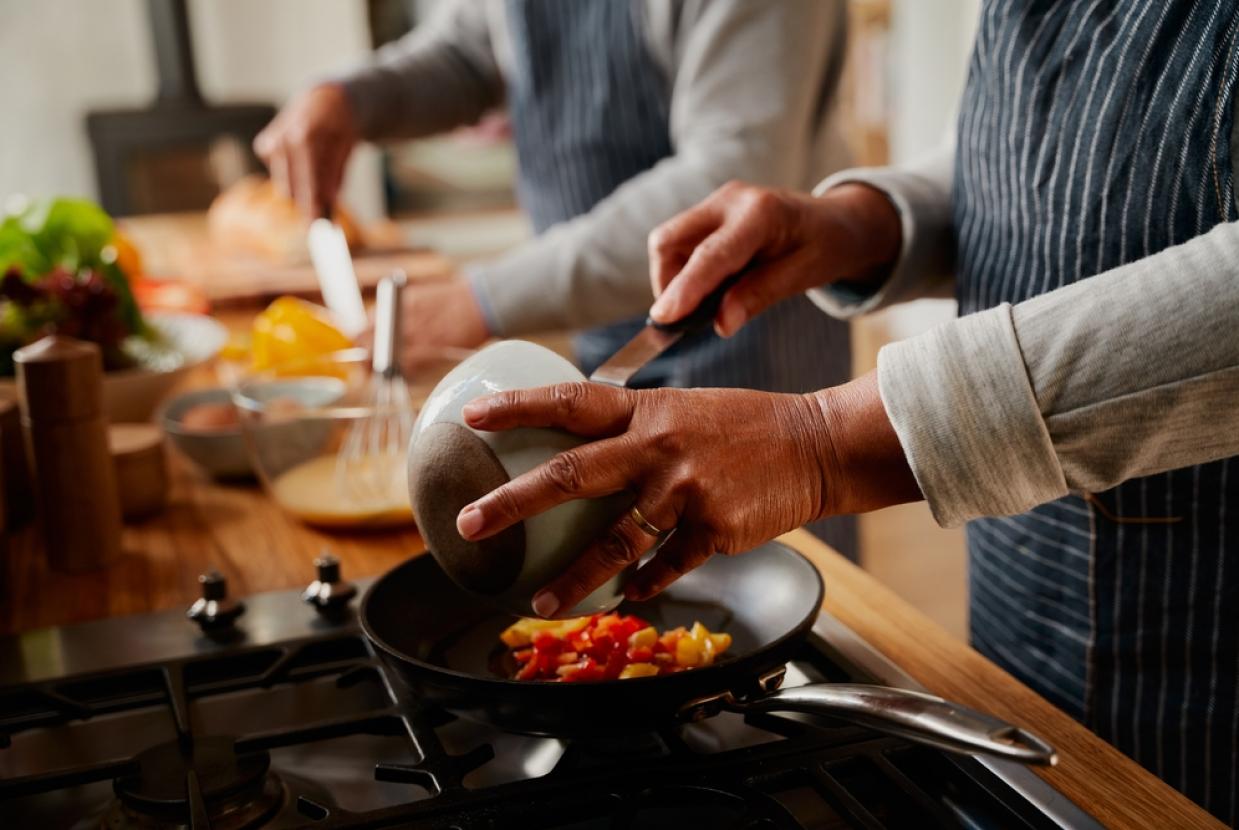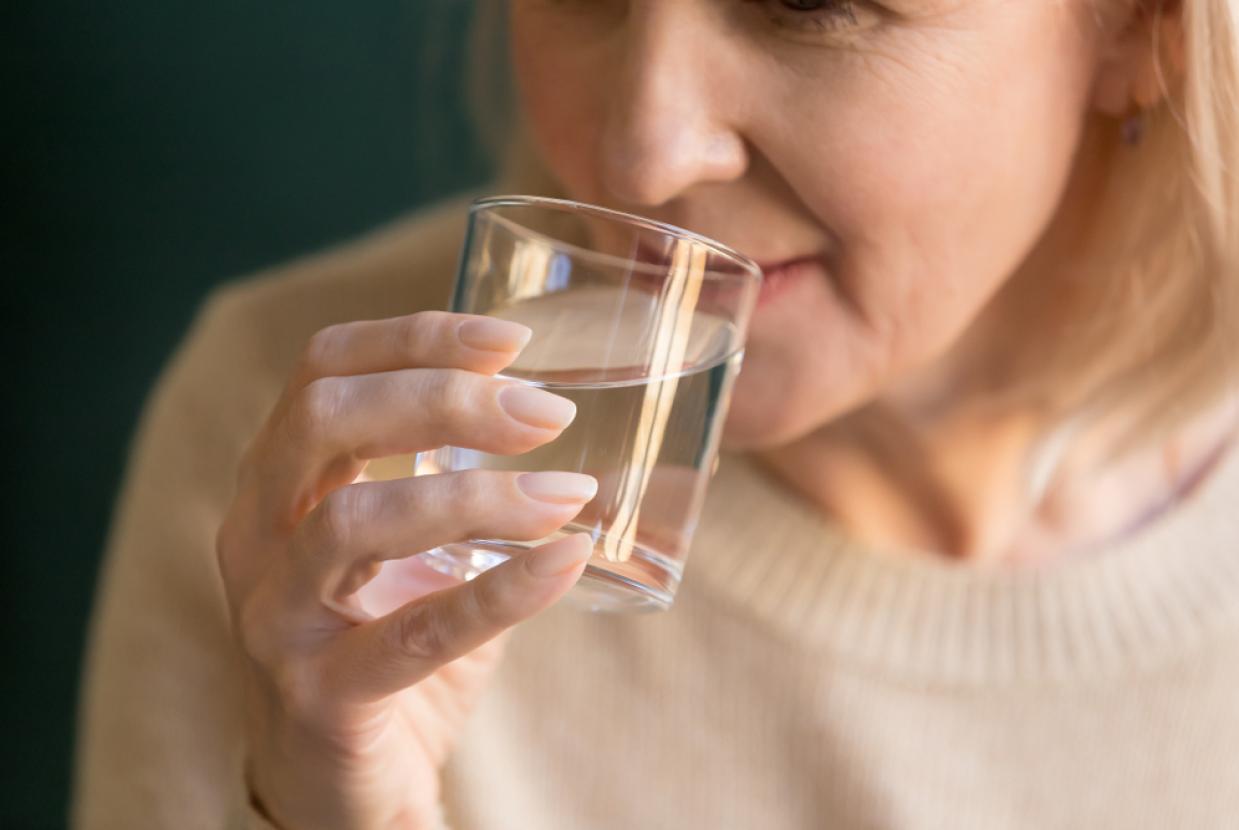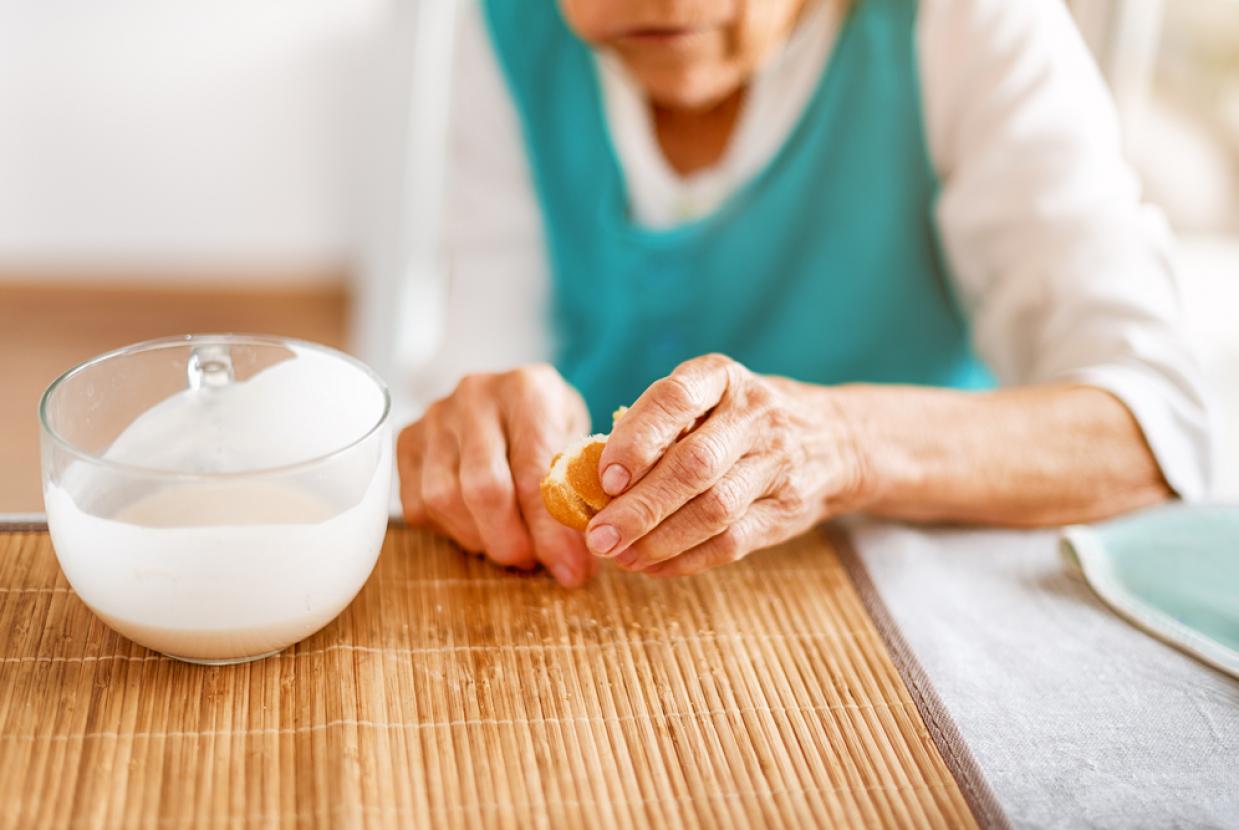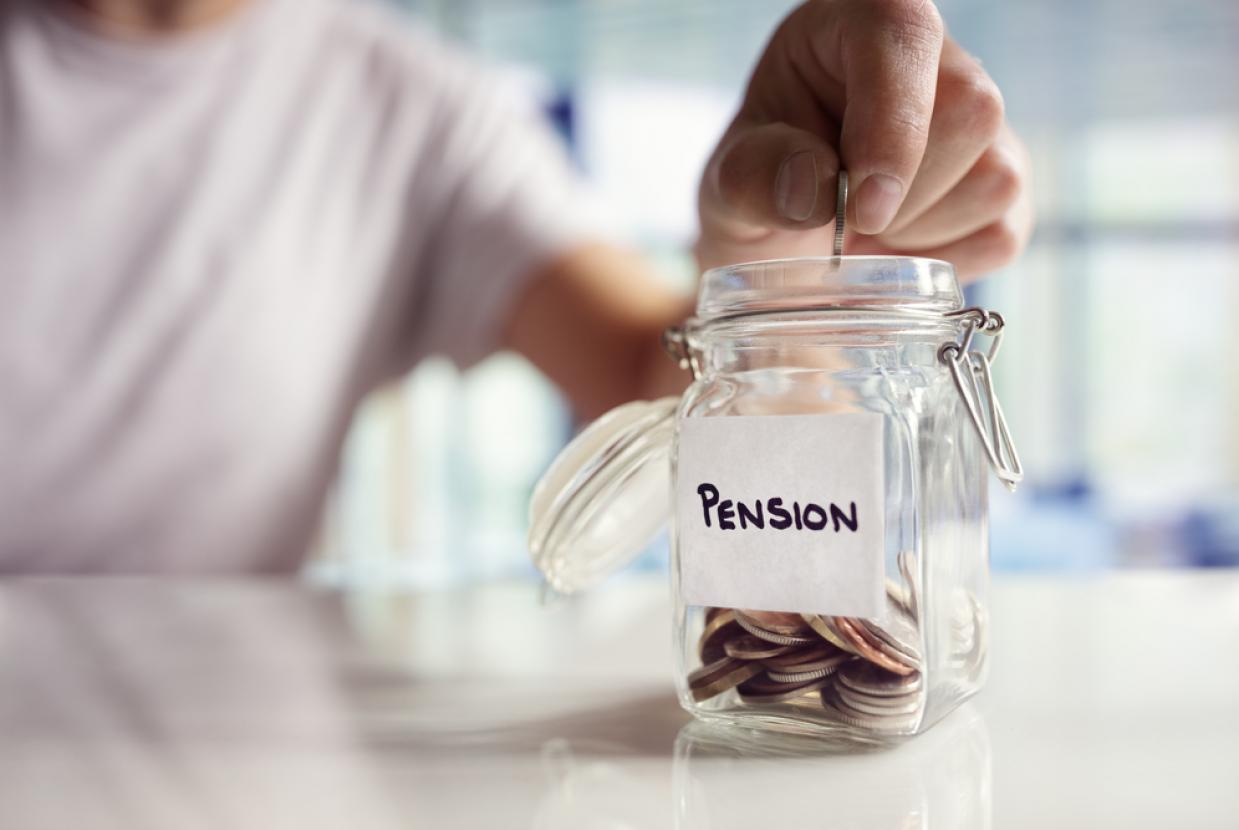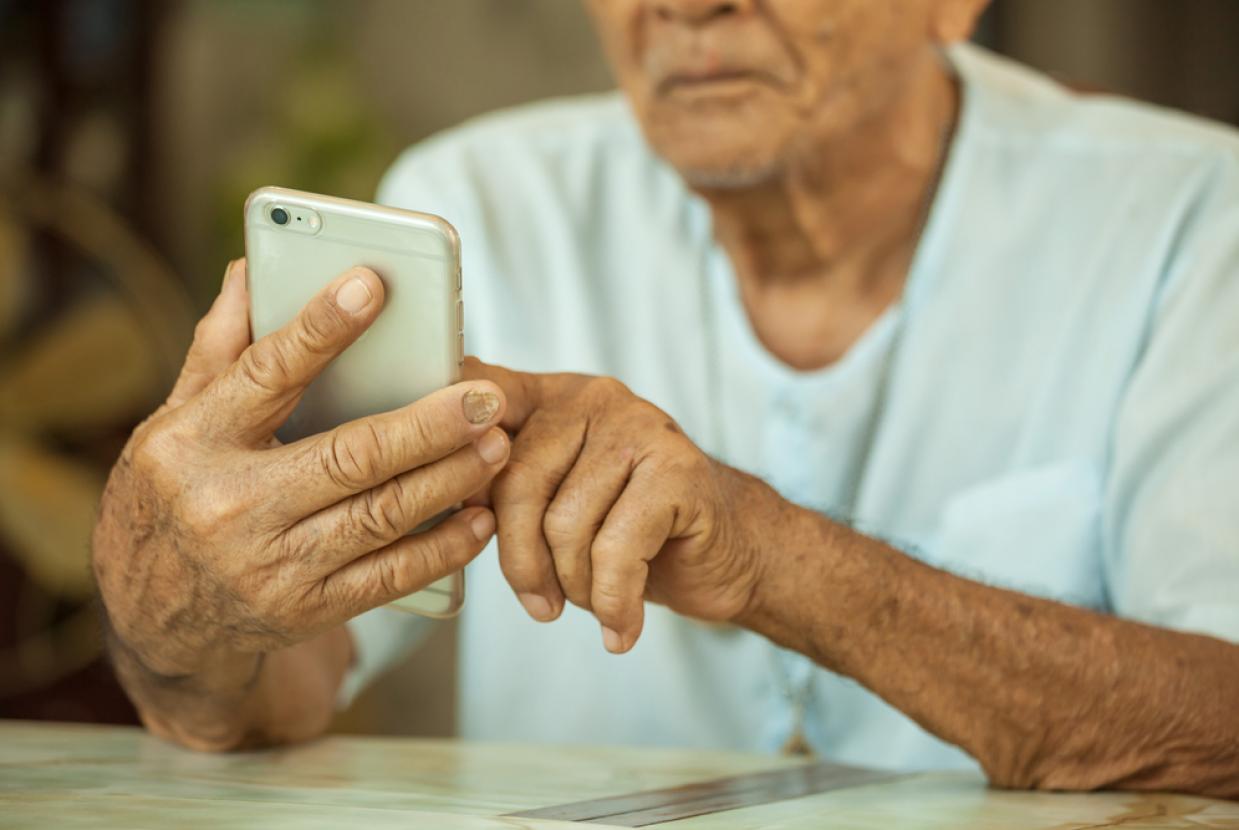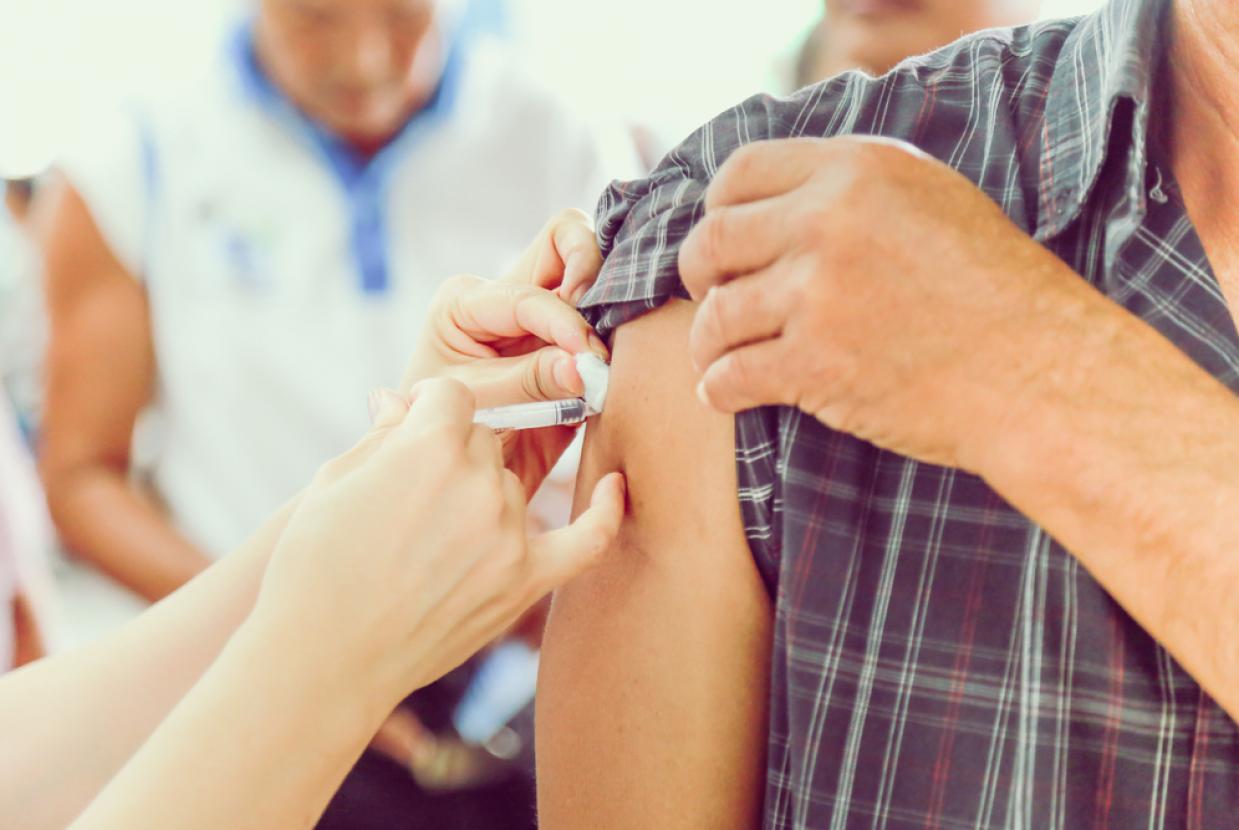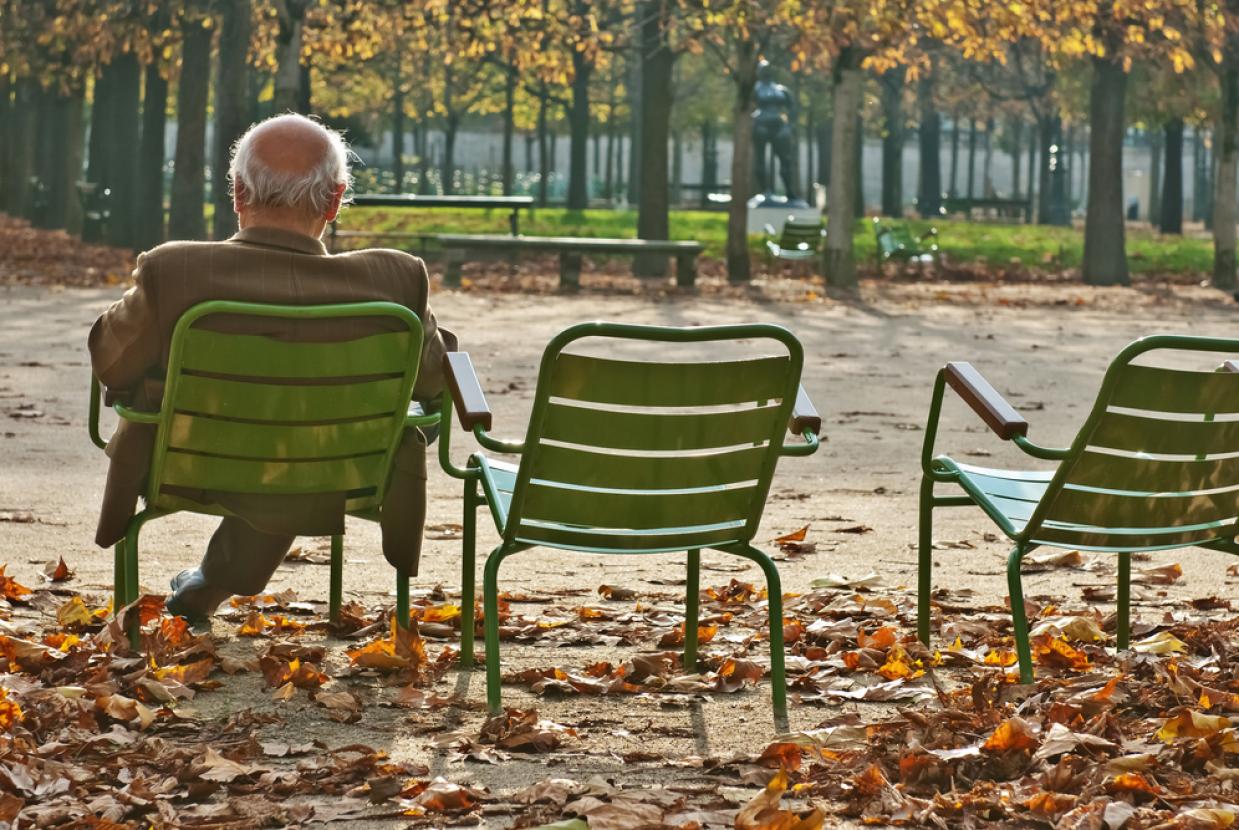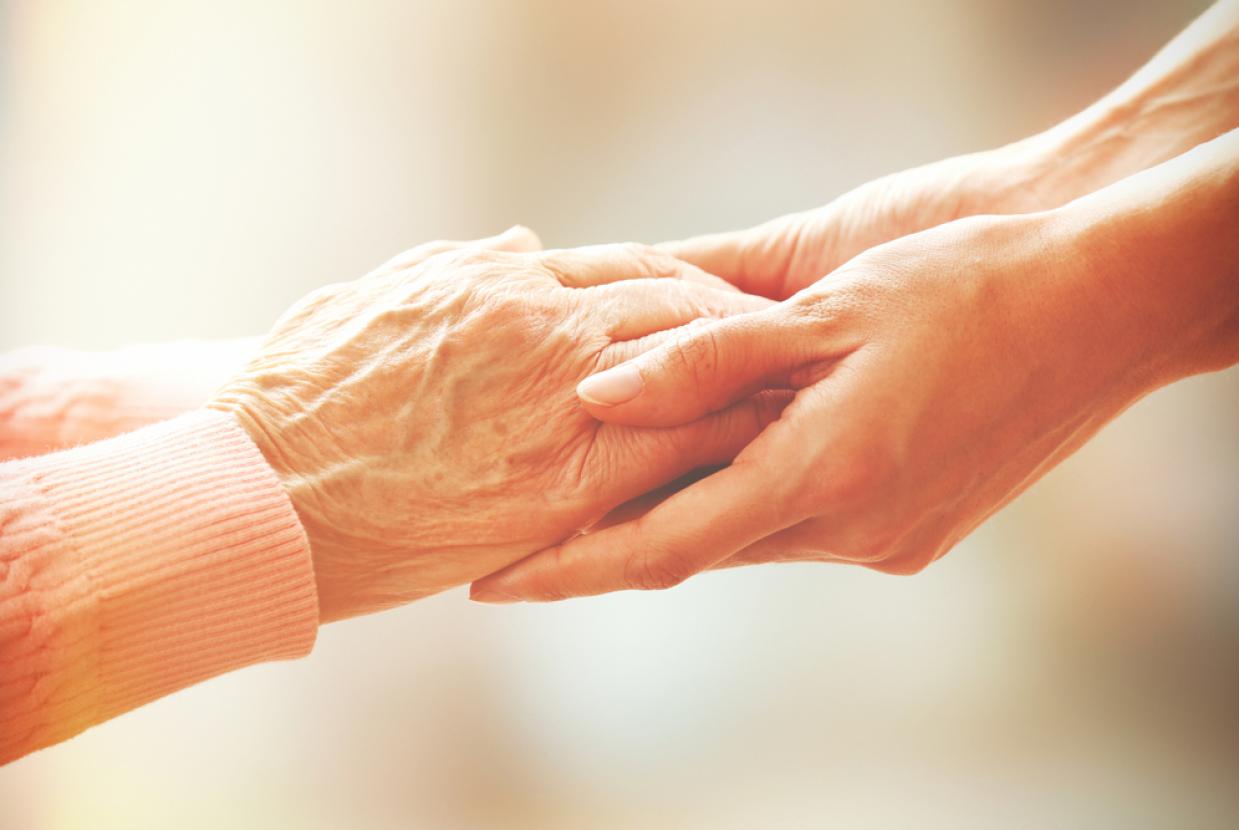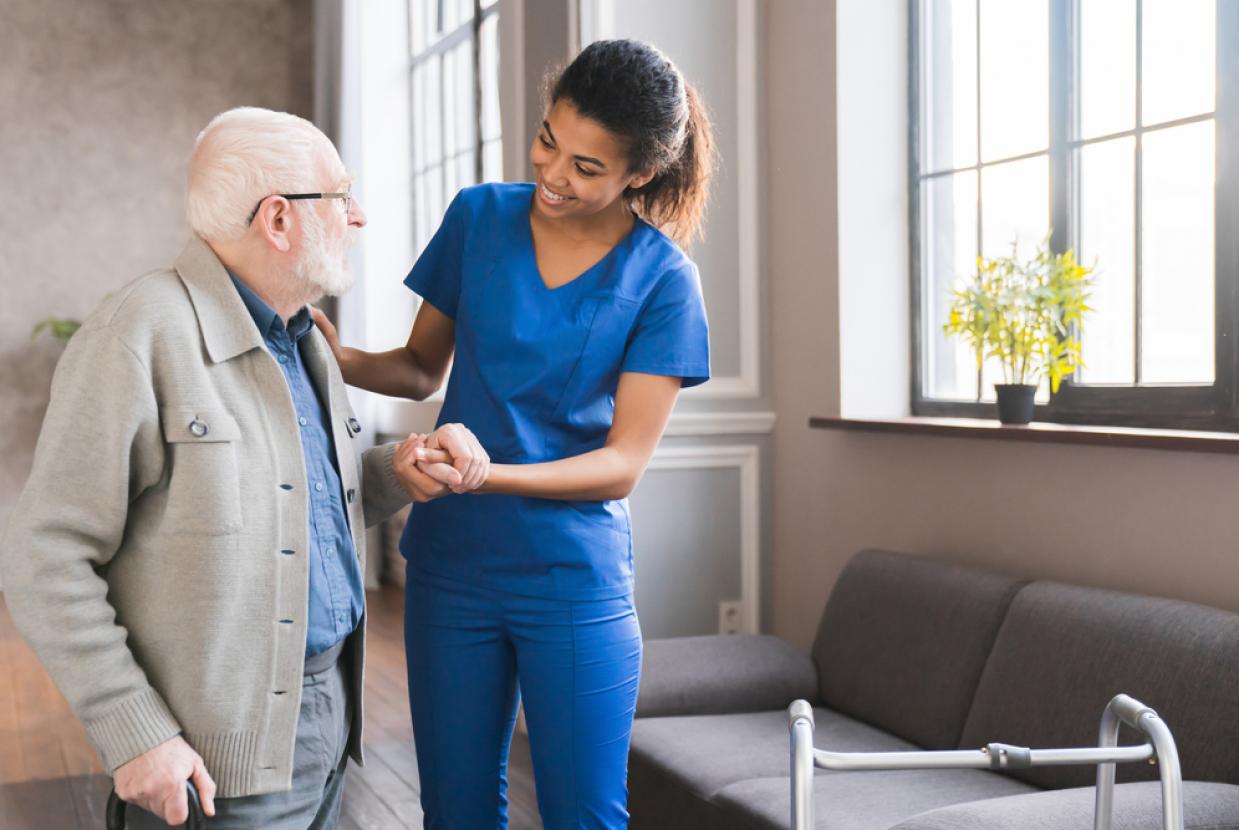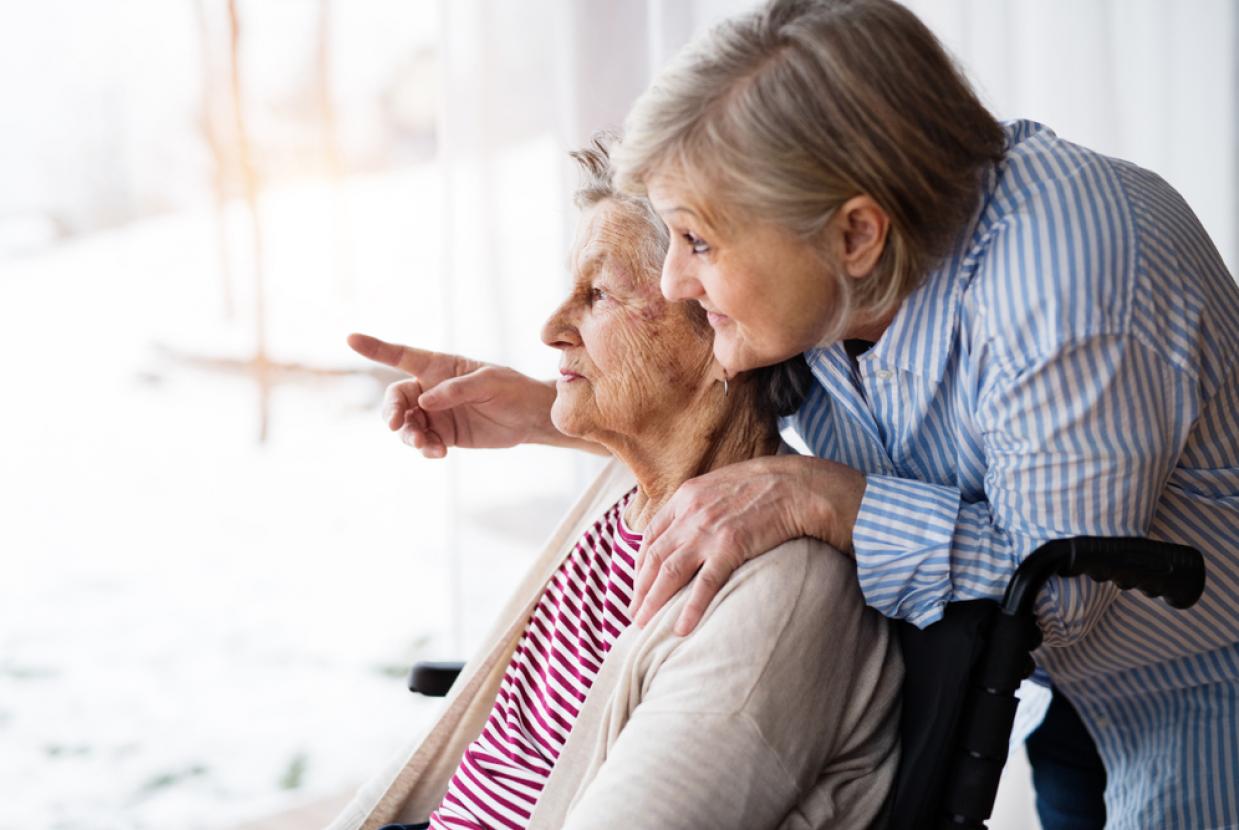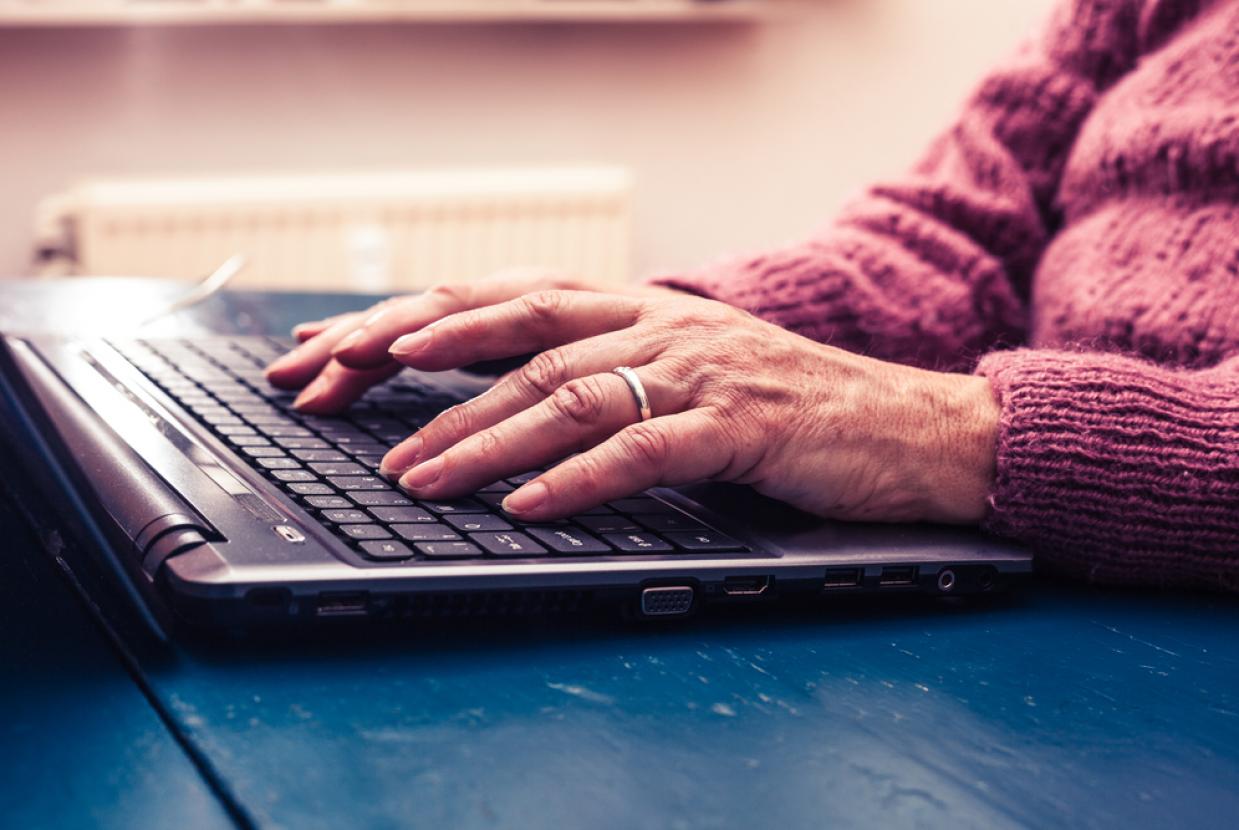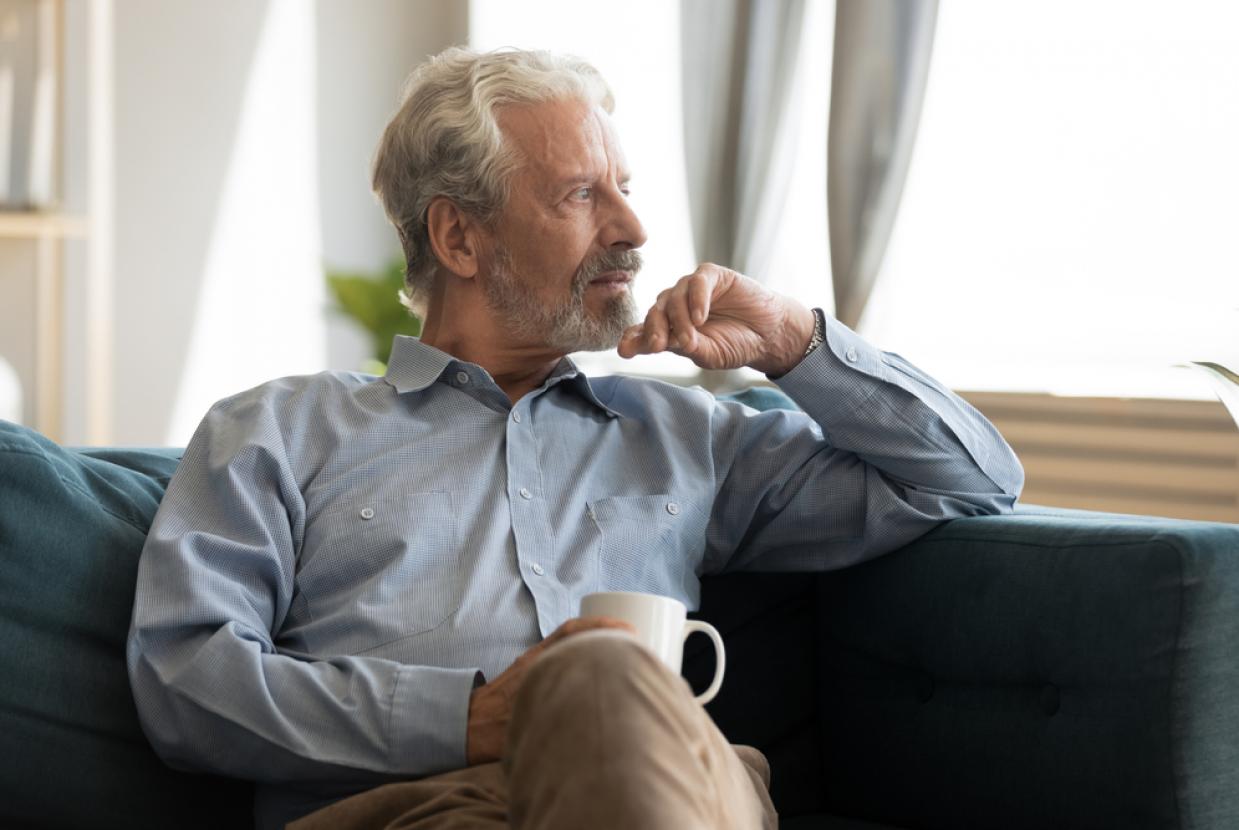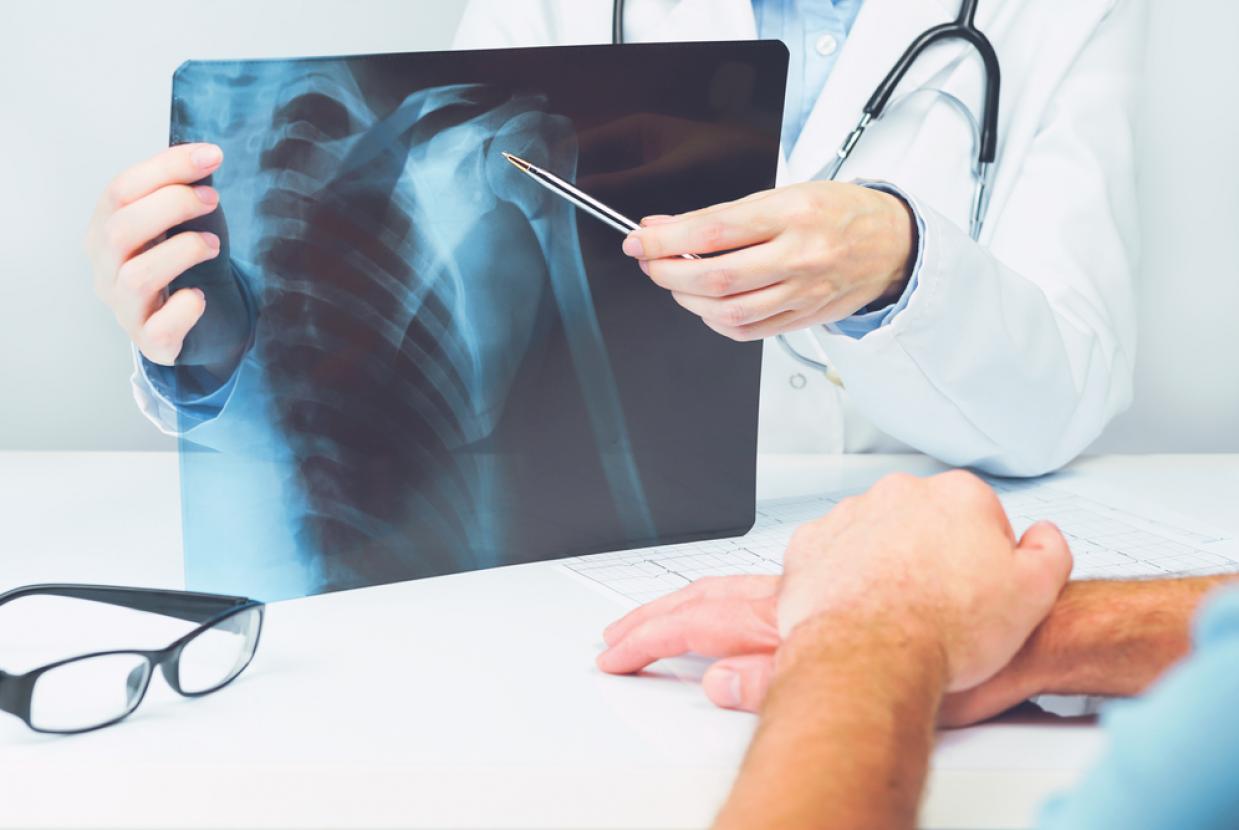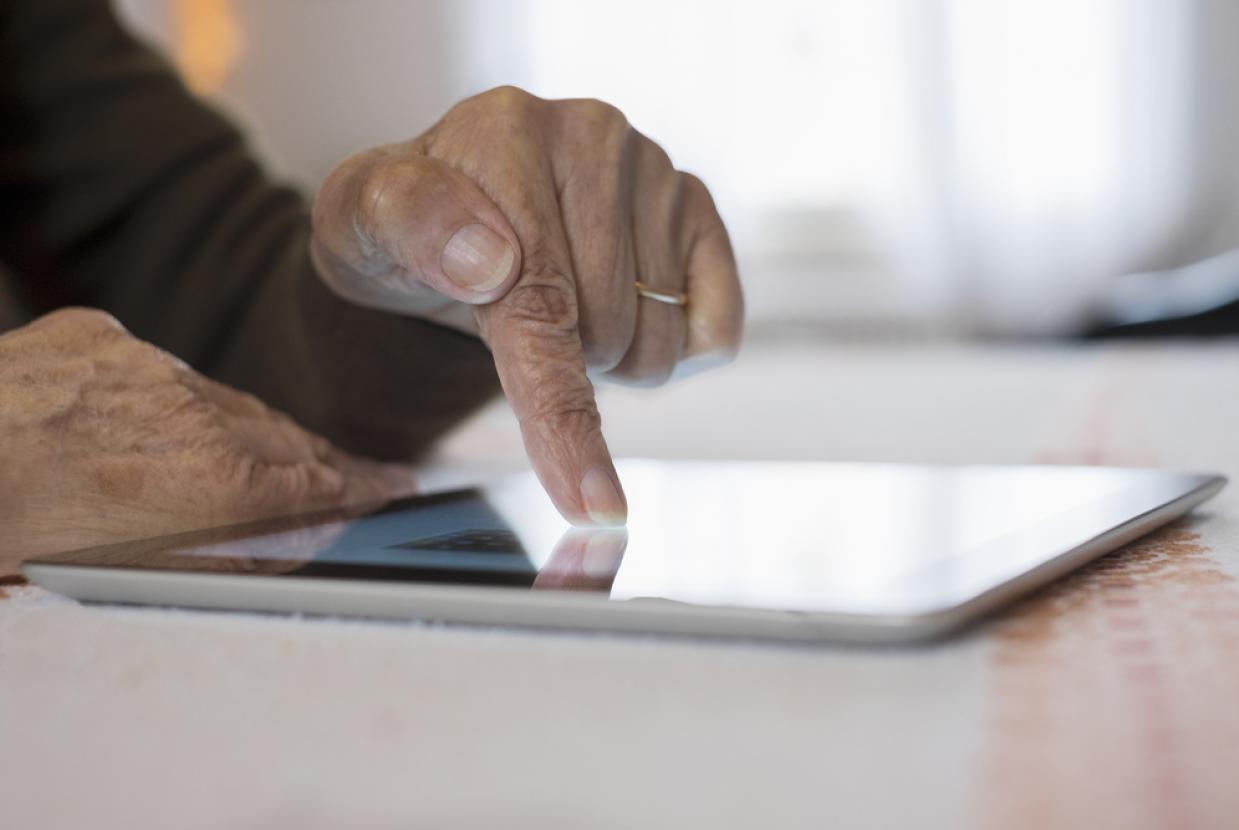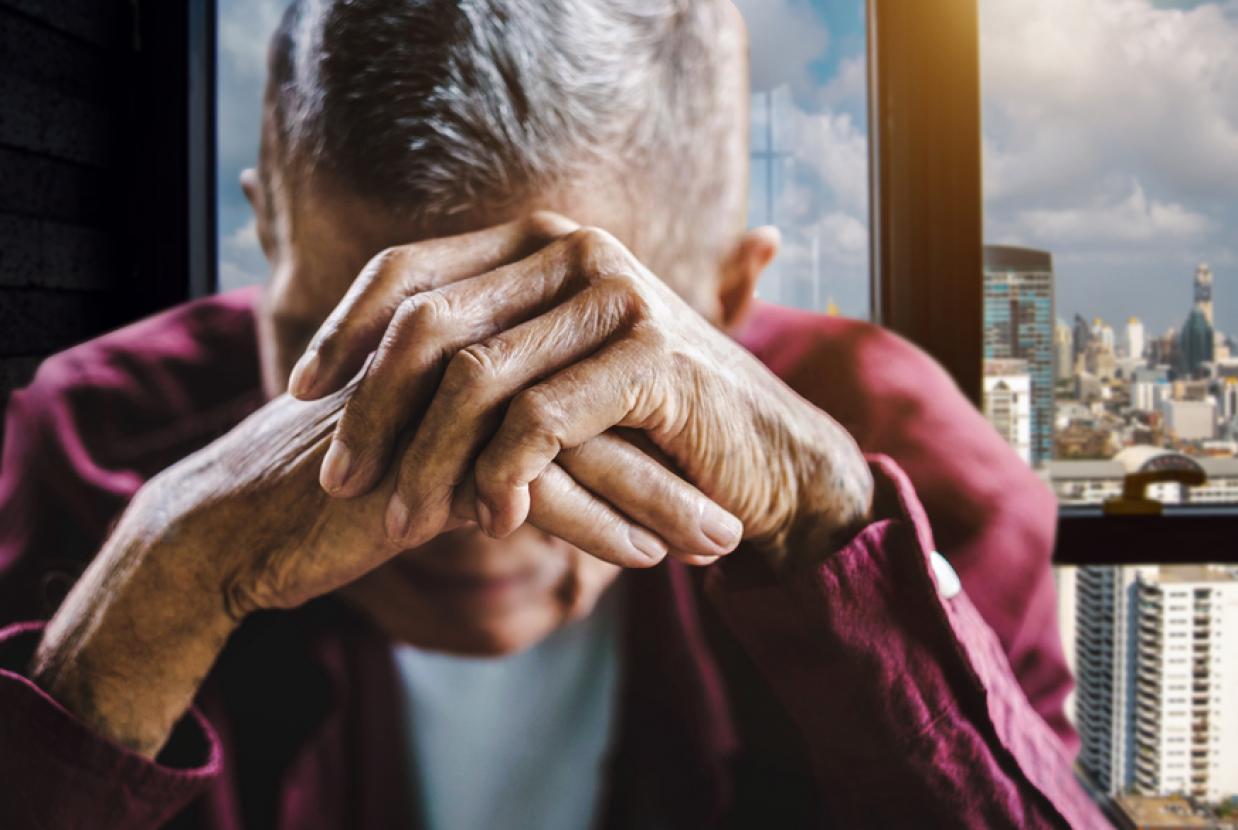Abuse
Abuse of older people is a phenomenon that takes many different forms. Abuse is an expression of power and control, exercised by the perpetrator – individual(s) and/or institutions – over the victim. Abuse can occur as a spontaneous act, where the perpetrator takes advantage of a situation, or as a premeditated and calculated act. At base, these forms of abuse stem from the real or perceived vulnerability of older people.
Abuse of older people can take the form of domestic abuse. These manifestations of abuse are usually gender related and bear many similarities to the experiences of younger women. However, there are some notable ways in which domestic abuse can look different for older women:
- Older victims are more likely to experience abuse from an adult family member or current intimate partner.
- Older victims are less likely to attempt to leave the year before accessing help, and more likely to be living with the perpetrator after getting support.
- Older victims are significantly more likely to have a disability.
Abuse can occur as a result of prejudices, or through an environment that creates institutional attitudes and approaches that put older people at risk. Abuse in an institutional setting is more likely to occur in the situation where:
- Staff are poorly trained and poorly supervised.
- Inadequate funding of care provision, both by care providers and also by statutory commissioners of care.
Abuse of older people can also be caused by the lack of knowledge and skills or external support for those in a position of trust. This can manifest in the neglect of older people. The impact of neglect is significant and is a form of abuse regardless of motivation or intent.
Risk factors
Research has identified factors, individual and structural, which can increase the risk of abuse. On the personal level factors may include:
- The intergenerational transmission of abuse
- Stress
- Dependency
- Isolation
- Communication difficulties
However, age is an aspect of any person that interacts with their broader position in society. Although all older people can be victims of abuse, some older people are at greater risk. Data on these groups of older people is the hardest to come by, with low levels of reporting.
Black, Asian and minority ethnic groups
There is currently no evidence which suggests a higher prevalence of the abuse of older people in minority groups. However, there is evidence to suggest that BAME older people face additional barriers to accessing service provision, putting older people more at risk.
These barriers might be due to racism as an additional prejudice faced by BAME older people; poor understanding of cultural variation in attitudes to ageing; or immigration status limiting recourse to public funds.
LGBT+ older people
LGBT+ older people face compounded layers of vulnerability. Increased risk might stem from homophobia, this is supported by accounts of older people going ‘back in the closet’ in institutional settings; from the impact of earlier experiences of abuse; or from specific health and care needs, particularly for transgender older people.
Disability
A higher proportion of older people live with a disability than the general population. The Centre for Policy on Ageing (2016) found that 40% of older people aged 60, and 75% of those aged 80 and above have limitations on activities of daily living (disability). Increased risk of disabled older people might be because of the additional prejudice of ableism; increased likelihood of limited mobility; or the increased likelihood of complex care needs.


